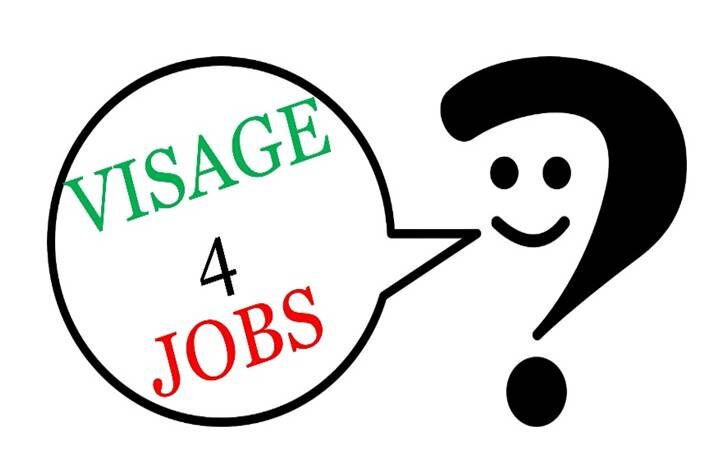TARGET GROUPS

MAIN TARGET GROUPS INVOLVED IN PROJECT ACTIVITIES:
1. Students with fewer opportunities such as representatives of marginalised groups/minorities – 20 per partner in total including Roma, woman (especially in Turkey), refugees, but also students with learning difficulties and special educational needs who are the most disadvantaged groups with regards to employment. They will be the direct beneficiaries of the pre-employment programme and people, whose job preparation skills will be further enhanced.
2. Teachers and pedagogical counsellors from participating schools (10 per school) as well as representatives from other schools in the area of Istanbul (Turkey) and Sofia (Bulgaria). Their role in the project will be to conduct and deliver the pre-employment programme and toolkit with the support of career counsellors and supported employment experts coming from the two NGOs included in the project consortium. We will upgrade their skills in applying an individual approach to the formation of competencies, aimed at motivation, active citizenship and participation in the labor market.
3. The project activities will be supported also by representatives of educational and labour market supervisors (Employment Agency, Center for Inclusive Education, Center for Educational Integration of Children and Students from Ethnic Minorities, Regional Department of Education) local municipalities, social services, job centers – 10 representatives per country, who will provide added value to the realisation of the pre-employment programme and will facilitate the labour integration upon graduation of the above mentioned students.
4. Important part of the realisation of the project is also to include parents, guardians and family members of these students (at least 20 people in total for the project) and their role will be to stimulate and further motivate their pupils to succeed on the labour market inclusion process.
Major issues addressed by the project and its activities:
- Lack of provision of adequate support for marginalised students, which our project is addressing.
- Several stereotypes and prejudices towards marginalised people.
- Still several career advisers (including at Job centres) says that particular profession is not relevant for the person
- Lack of presentational skills of the marginalised students
- Lack of enough self-esteem, self-confidence and believes in the own success
- Lack of organisational skills to search and apply for jobs
- Lack of preparation how to behave during job interview
Expected impact:
- As a result of the project we aim to prepare them on how to maintain positive physical and verbal image, how to improve their verbal and non-verbal communication, how to be answer difficult questions during job interviews, how to prepare in digital format their CV & cover letter as well as which channels to use in terms of searching for a job.
- Important part of the project training material will be also an illustrative info cards about how to apply for credit, how to prepare and submit documents to tax authorities etc.
- This will lead to greater independence and financial security, allowing them to become active members of society.
- The long term impact of this will be increased employment rates of these marginalised people who are at the end of their graduation inactive in the labour market and have low or no work experience.
